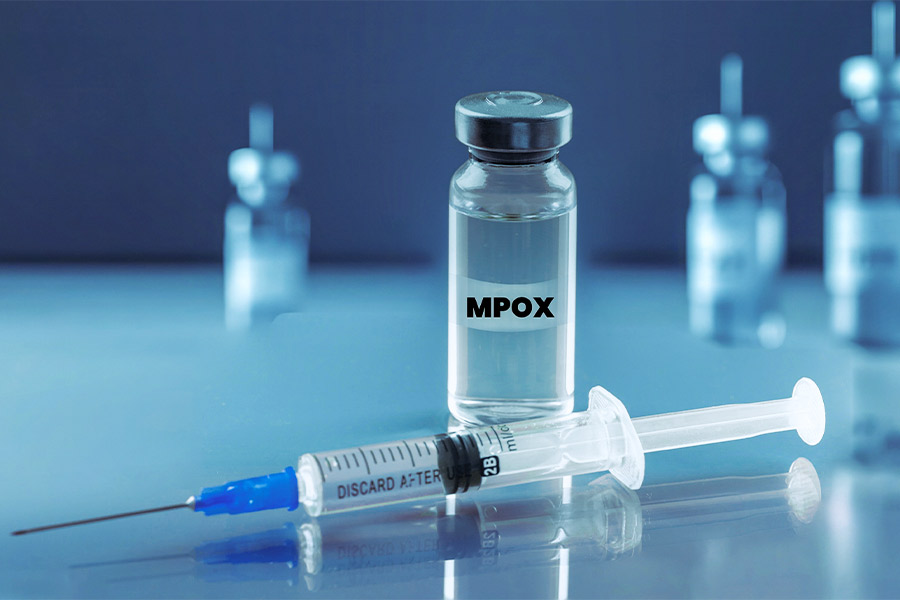On April 29, 2022, a British resident, while on a tour of Lagos and the Delta area of Nigeria, noticed a small rash that refused to fade. Wasting little time, the resident flew back to London on May 4 and checked in at the Guy’s Hospital on the same day. The resident was promptly isolated and tested. On May 6, doctors diagnosed the patient with the mpox virus. Ten days later, with four new cases emerging, each with no travel history, the UK Health Security Agency issued a warning. Subsequently, Europe and other regions reported more cases. The world bristled up to a new virus that was already endemic in many parts of Africa.
The WHO wasted no time and, on July 23, 2022, declared the outbreak a public health emergency of international concern (PHEIC). A global response to the outbreak included public awareness campaigns in order to reduce the spread of the disease, and the repurposing of smallpox vaccines. In May 2023, the World Health Organization declared an end to the PHEIC, citing steady progress in controlling the spread of the disease.
However, in August 2024, mpox is back with a vengeance. This time with a new case in Sweden, with more reported from Burundi, Kenya, Uganda and Rwanda. The WHO has once again called the outbreak a PHEIC.
Are we surprised? Possibly not. In fact, we should not be. Our tryst with viruses is both prehistoric and perennial. Inevitable questions arise. Let’s try to seek some answers.
Understanding mpox
What is mpox?
Mpox (a DNA virus) is a rare but dangerous viral infection from the same family of viruses as smallpox. The silver lining is that the smallpox vaccine becomes handy here.
How does mpox present itself?
The symptoms are similar to chickenpox, with fever, diarrhoea, swollen lymph nodes and, most notably, skin rashes.
Why did the WHO declare mpox to be a global emergency?
The sudden rise of cases across Central and East Africa and in other pockets of the world has been the primary reason. It is also a strategic plan to put countries on notice of the public health risk in an effort to direct resources towards disease surveillance, mitigation efforts and clinical preparedness.
Is mpox the next pandemic?
Not likely. We have vaccines and antiviral medications to prevent it from snowballing into a pandemic. Most importantly, the virus spreads by direct contact and is not an airborne disease like Covid-19.
Can mpox be fatal?

Mpox has a lower mortality rate than the related smallpox virus TT Archives
Who is most at risk of getting mpox?
This is a critical question as, being a virus transmitted by intimate contact, regions with high population density are at risk. This makes it essentially an urban disease. Mpox can also be transmitted through contact with inanimate objects like infected clothing and bedsheets.
Can mpox be fatal? Is there a cure?
Luckily, mpox has a lower mortality rate than the related smallpox virus. Also, most cases of mpox resolve on their own. It is important though that we have enough resources of antiviral medications and vaccines that are life-saving.
Like any viral illnesses, awareness and prevention remain pivotal. In short, if you have fever and a rash, seek a doctor’s attention at the earliest. Never trust a virus.
Dr Shuvendu Sen, born and brought up in Kolkata, is a US-based physician currently serving as the vice-chair, Research, at the Jersey Shore University Medical Center, New Jersey. An award-winning physician and author, his works include The Fight Against Alzheimer’s (Rupa Publications, 2024), Why Buddha Never Had Alzheimer’s (HCI/ Simon & Schuster, 2017) and A Doctor's Diary (Times Group Books, 2014), among others. Dr Sen can be reached at shuvendusen57@gmail.com


